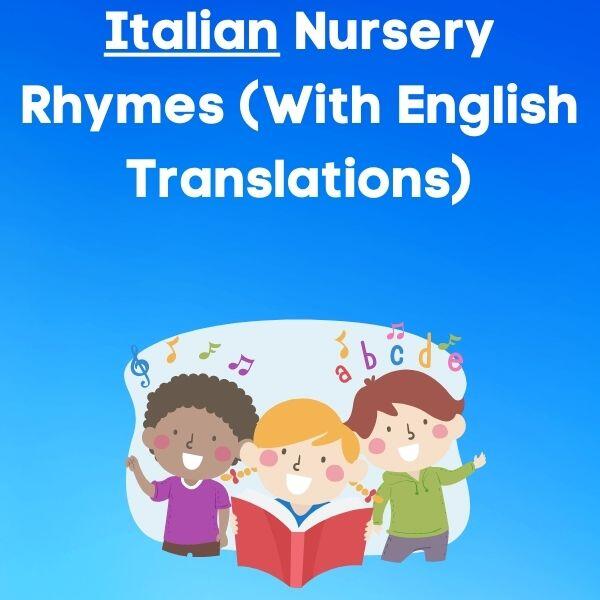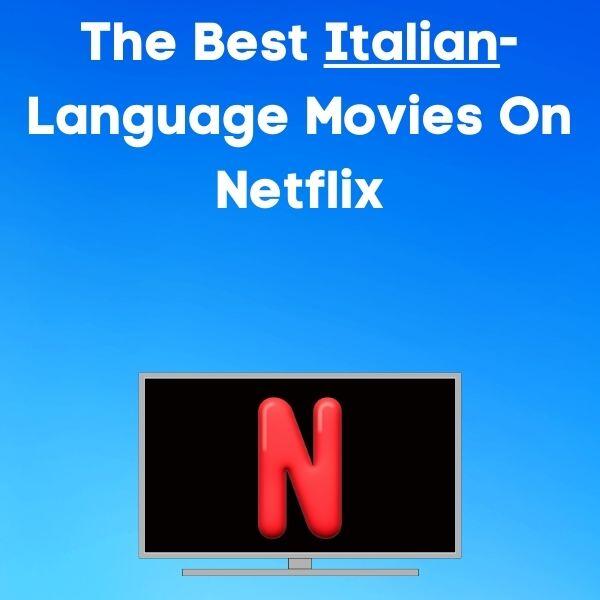One Day Italian Challenge: Learn Essential Sentences for Quick Fluency
Welcome to a wonderful journey into the Italian language! If you’re looking to dip your toes into the rich and melodious waters of Italian, you’ve come to the right place. In this post, we’ve compiled a special list of 50-60 sentences that are not only fundamental but also incredibly versatile for anyone starting out.
This curated collection will serve as your foundational toolkit in understanding basic sentence structures, key verbs, essential pronouns, and a glimpse into different tenses.
By familiarizing yourself with these phrases, you’ll gain insights into how Italian grammar operates in a conversational context. It’s like having a map in your hands, one that guides you through the basics of constructing meaningful and grammatically sound sentences.
The beauty of this list lies in its simplicity and practicality. You’ll learn how to introduce yourself, ask questions, describe actions in the present, past, and future, and express desires and needs. These sentences cover everyday scenarios, making them immediately useful in real-life conversations.
But the best part? This list is just your starting point. As you grow more comfortable with these sentences, expanding your Italian vocabulary will be a breeze. Simply learn new verbs, nouns, and adjectives, and substitute them into the structures you already know.
It’s like playing with building blocks; once you understand how they fit together, you can endlessly create new combinations.
What’s more, you get audio for every sentence, so you’ll be able to perfect your Italian pronunciation at the same time.
So, whether you’re planning a trip to Italy, looking to connect with Italian-speaking friends, or just eager to learn a new language quickly, these sentences will give you the confidence to start speaking Italian today.
- Io sono (I am) – Io sono stanco (I am tired).
- Tu sei (You are) – Tu sei in ritardo (You are late).
- Lui/Lei è (He/She is) – Lei è medico (She is a doctor).
- Noi siamo (We are) – Noi siamo pronti (We are ready).
- Voi siete (You all are) – Voi siete studenti (You all are students).
- Loro sono (They are) – Loro sono felici (They are happy).
- Io avevo (I had) – Io avevo un cane (I had a dog).
- Tu avevi (You had) – Tu avevi fame (You were hungry).
- Lei aveva (She had) – Lei aveva un ombrello (She had an umbrella).
- Noi avevamo (We had) – Noi avevamo una macchina (We had a car).
- Voi avevate (You all had) – Voi avevate molti libri (You all had many books).
- Loro avevano (They had) – Loro avevano una casa grande (They had a big house).
- Io voglio (I want) – Io voglio mangiare (I want to eat).
- Tu vuoi (You want) – Tu vuoi dormire (You want to sleep).
- Lui vuole (He wants) – Lui vuole giocare (He wants to play).
- Noi vogliamo (We want) – Noi vogliamo viaggiare (We want to travel).
- Voi volete (You all want) – Voi volete studiare (You all want to study).
- Loro vogliono (They want) – Loro vogliono lavorare (They want to work).
- Io andrò (I will go) – Io andrò in Italia (I will go to Italy).
- Tu andrai (You will go) – Tu andrai al parco (You will go to the park).
- Lui andrà (He will go) – Lui andrà a scuola (He will go to school).
- Noi andremo (We will go) – Noi andremo al cinema (We will go to the cinema).
- Voi andrete (You all will go) – Voi andrete in vacanza (You all will go on vacation).
- Loro andranno (They will go) – Loro andranno al lavoro (They will go to work).
- Io ho mangiato (I ate) – Io ho mangiato la pizza (I ate pizza).
- Tu hai mangiato (You ate) – Tu hai mangiato il gelato (You ate ice cream).
- Lei ha mangiato (She ate) – Lei ha mangiato la pasta (She ate pasta).
- Noi abbiamo mangiato (We ate) – Noi abbiamo mangiato insieme (We ate together).
- Voi avete mangiato (You all ate) – Voi avete mangiato la frutta (You all ate fruit).
- Loro hanno mangiato (They ate) – Loro hanno mangiato al ristorante (They ate at the restaurant).
- Mi chiamo (My name is) – Mi chiamo Marco (My name is Marco).
- Come ti chiami? (What’s your name?) – Mi chiamo Anna (My name is Anna).
- Come si chiama? (What’s his/her name?) – Si chiama Giuseppe (His name is Giuseppe).
- Ci chiamiamo (Our names are) – Ci chiamiamo Luca e Maria (Our names are Luca and Maria).
- Come vi chiamate? (What are your names?) – Vi chiamate Elena e Carlo (Your names are Elena and Carlo).
- Si chiamano (Their names are) – Si chiamano Sofia e Matteo (Their names are Sofia and Matteo).
- Dove sei? (Where are you?) – Sono a casa (I’m at home).
- Dove vai? (Where are you going?) – Vado al mercato (I’m going to the market).
- Quando andrai? (When will you go?) – Andrò domani (I will go tomorrow).
- Che cosa fai? (What are you doing?) – Sto leggendo (I am reading).
- Che cosa ha fatto? (What did he/she do?) – Ha studiato italiano (He/She studied Italian).
- Cosa faremo? (What will we do?) – Faremo una passeggiata (We will take a walk).
- Perché sei qui? (Why are you here?) – Sono qui per imparare (I’m here to learn).
- Perché andavate lì? (Why were you all going there?) – Andavamo al concerto (We were going to the concert).
- Chi ha telefonato? (Who called?) – Ha telefonato mio fratello (My brother called).
- Quale libro leggi? (Which book are you reading?) – Leggo un libro di avventura (I’m reading an adventure book).
- Quale film guarderanno? (Which movie will they watch?) – Guarderanno un film commedia (They will watch a comedy movie).
- Quanti anni hai? (How old are you?) – Ho vent’anni (I am twenty years old).
- Quanti giorni mancano? (How many days are left?) – Mancano tre giorni (There are three days left).
- A che ora inizia? (What time does it start?) – Inizia alle otto (It starts at eight).



